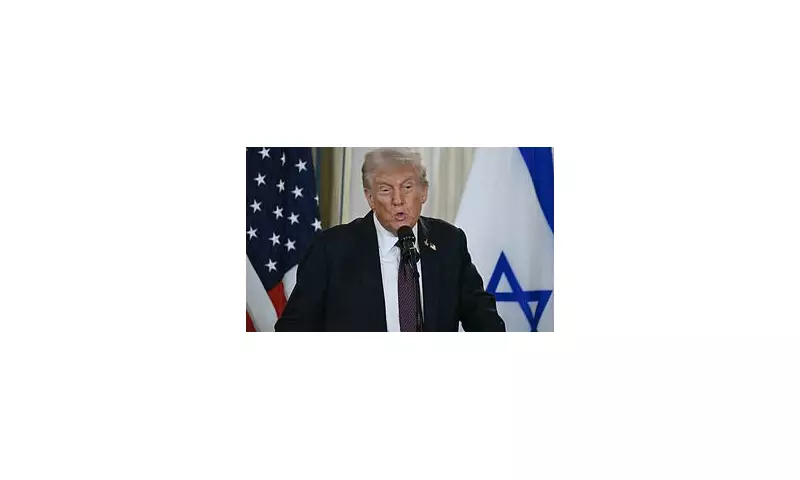
In the turbulent arena of modern politics, two strikingly different leadership styles are drawing intense scrutiny as former US President Donald Trump and UK Labour leader Keir Starmer present contrasting visions of political power.
The Force of Personality in Politics
Donald Trump's political ascendancy continues to demonstrate the enduring power of a dominant personality in shaping political landscapes. His approach, characterised by bold declarations and unwavering self-confidence, has redefined what many voters expect from their leaders.
Meanwhile, Sir Keir Starmer's more measured, methodical style presents what some observers describe as a "stark contrast" in political theatre. The Labour leader's careful rhetoric and procedural focus stand in opposition to Trump's flamboyant, personality-driven approach to governance.
Leadership Under the Microscope
The comparison between these two political figures extends beyond mere style differences. Trump's ability to command attention and drive political narratives through sheer force of personality has become a case study in modern political strategy.
Political analysts note that Starmer's more restrained approach, while potentially appealing to voters seeking stability, risks appearing diminished when contrasted with Trump's gargantuan political presence. This dynamic raises fundamental questions about what constitutes effective leadership in today's polarised political climate.
The Westminster Perspective
From the corridors of Westminster to the international stage, the Trump-Starmer comparison highlights broader debates about political charisma versus substantive policy. While Trump's methods have proven effective at mobilising his base, questions remain about their long-term sustainability.
Starmer's challenge lies in demonstrating that quiet competence can compete with political spectacle without sacrificing principle or credibility. As both figures navigate their respective political futures, their contrasting styles will continue to shape not only their own fortunes but the very nature of political leadership itself.





